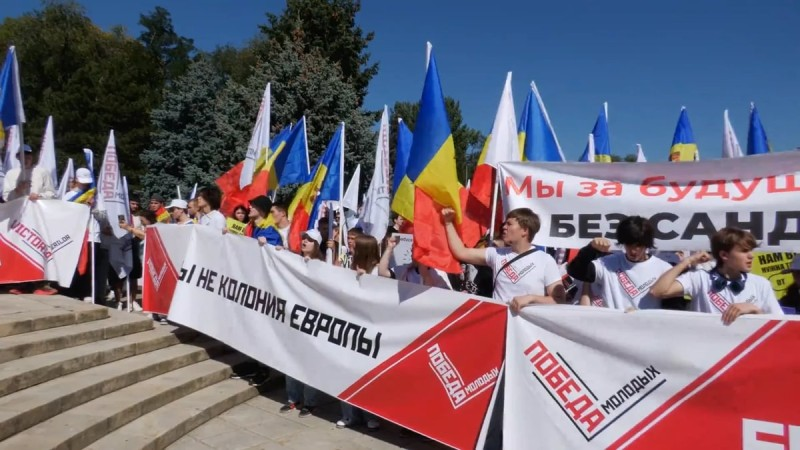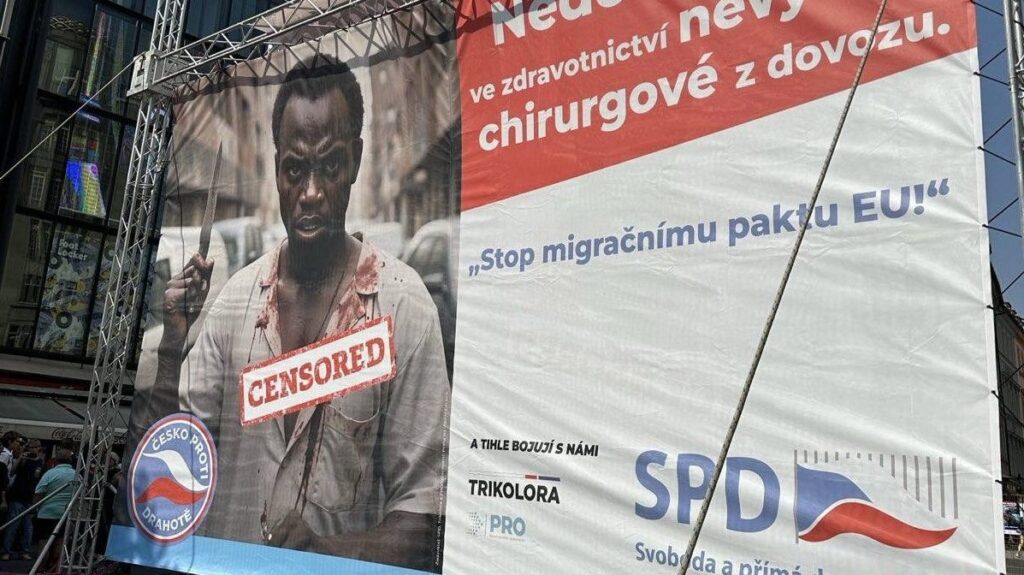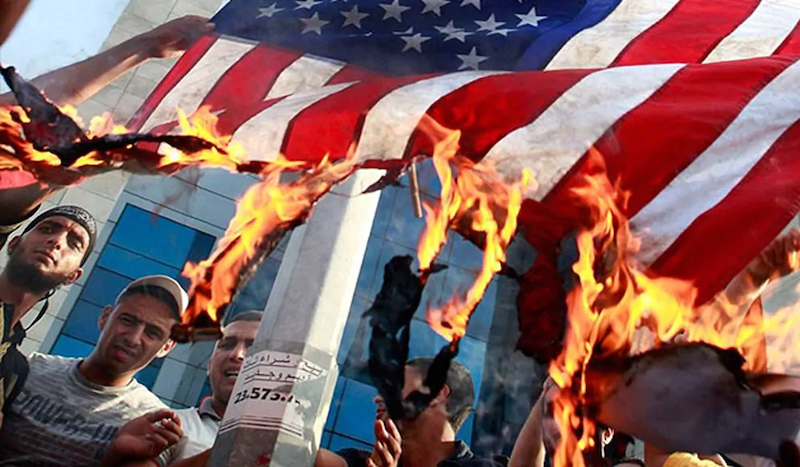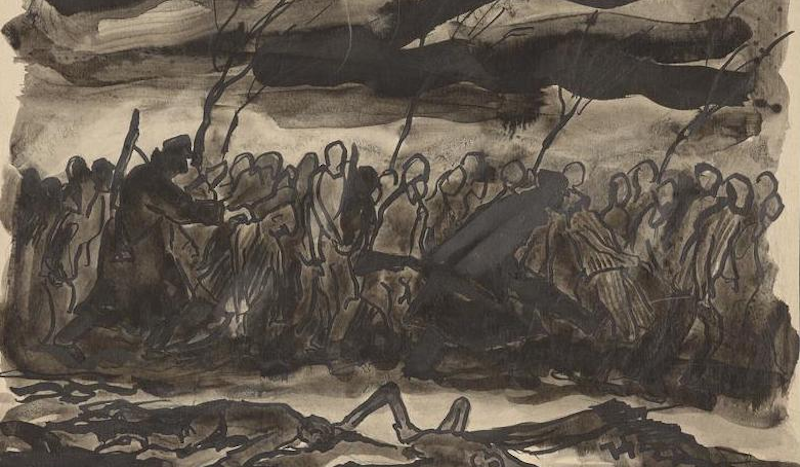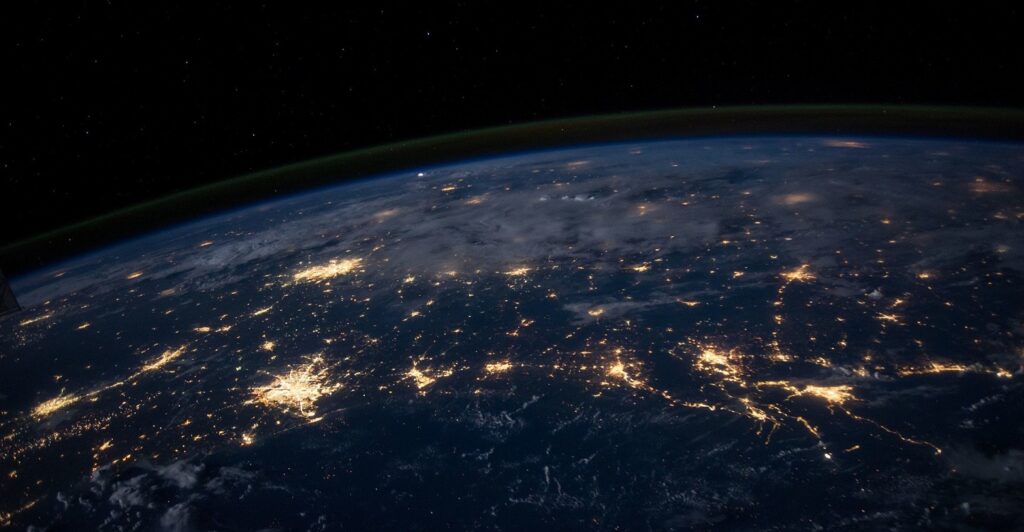The Myopia of Anglo-American Rulers: How They Can’t Face Their Loss to the “Eurasian Miracle”
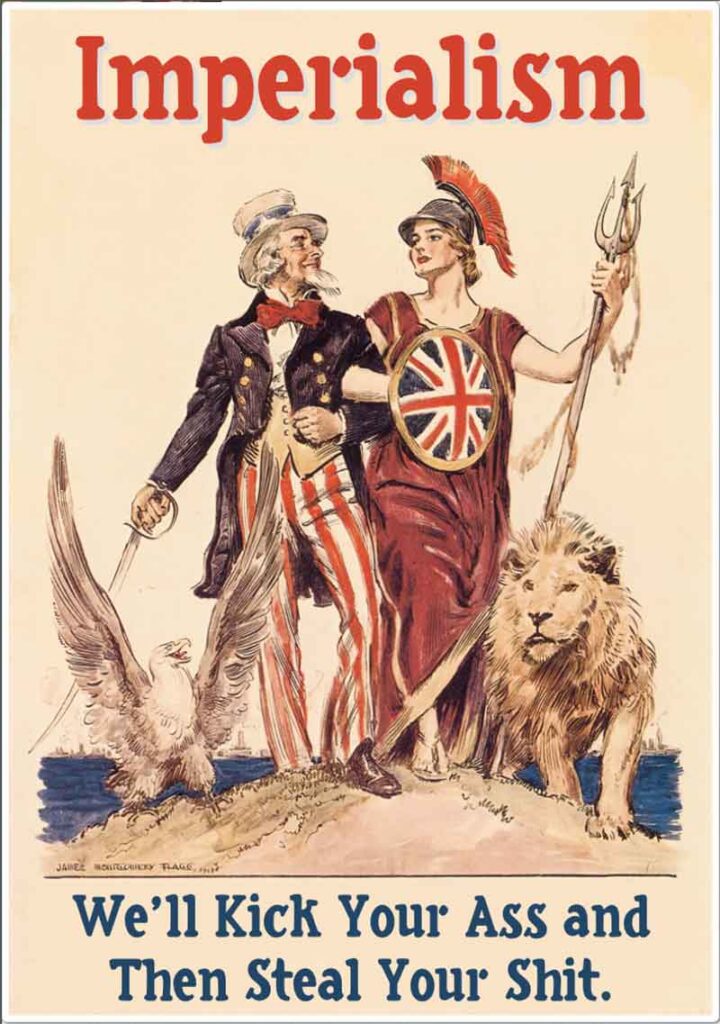
How the ideology of Eurocentrism, paternalism, racism and imperialism keeps the West in a fog about how badly its situation actually is.
International Relations (IR) theory fails to deliver on one of its key promises, specifically to produce positivist, value free analysis. What we encounter in the vast majority of international theory is the provincial or parochial normative purpose of defending and celebrating the ideal of the West in world politics. IR theory can no longer be represented as positivist, objective or value free.
~ John M. Hobson


